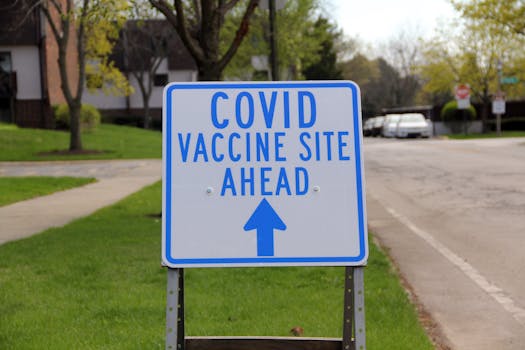
Understanding Vaccines

The science behind vaccines and public health is foundational to understanding how immunization works and its significance in preventing diseases. Vaccines are biological preparations that provide acquired immunity to a particular infectious disease. They contain antigens that stimulate the body’s immune response without causing the disease itself.
How Vaccines Work

Vaccines work by mimicking the presence of pathogens. When a vaccine is administered, it introduces a harmless component of the pathogen (like a protein or a sugar) into the body. This prompts the immune system to produce antibodies, which are proteins that will recognize and fight the pathogen in the future. This process is known as adaptive immunity.
The Role of Vaccines in Public Health

Vaccines play a vital role in public health by protecting individuals and communities from outbreaks of infectious diseases. High vaccination rates can lead to herd immunity, which occurs when a large portion of a population becomes immune to a disease, making the spread of the disease unlikely. This is particularly crucial for those who cannot be vaccinated, such as individuals with certain medical conditions.
Historical Successes of Vaccination

The history of vaccines is marked by significant successes in public health. For example, the smallpox vaccine led to the eradication of smallpox, a disease that once killed millions. Similarly, vaccines have drastically reduced the incidence of diseases like polio, measles, and rubella, showcasing their effectiveness in controlling outbreaks and protecting public health.
Challenges and Misconceptions

Despite the proven benefits of vaccines, there are challenges, including vaccine hesitancy fueled by misinformation. Public health campaigns aim to educate communities about the safety and efficacy of vaccines to combat myths and encourage vaccination.
Conclusion

The science behind vaccines is a testament to human ingenuity in combating infectious diseases. Vaccines not only protect individuals but also uphold the health of communities, making them essential in the pursuit of public health. Continuous education and outreach are necessary to ensure that the benefits of vaccines are understood and embraced, safeguarding future generations.





